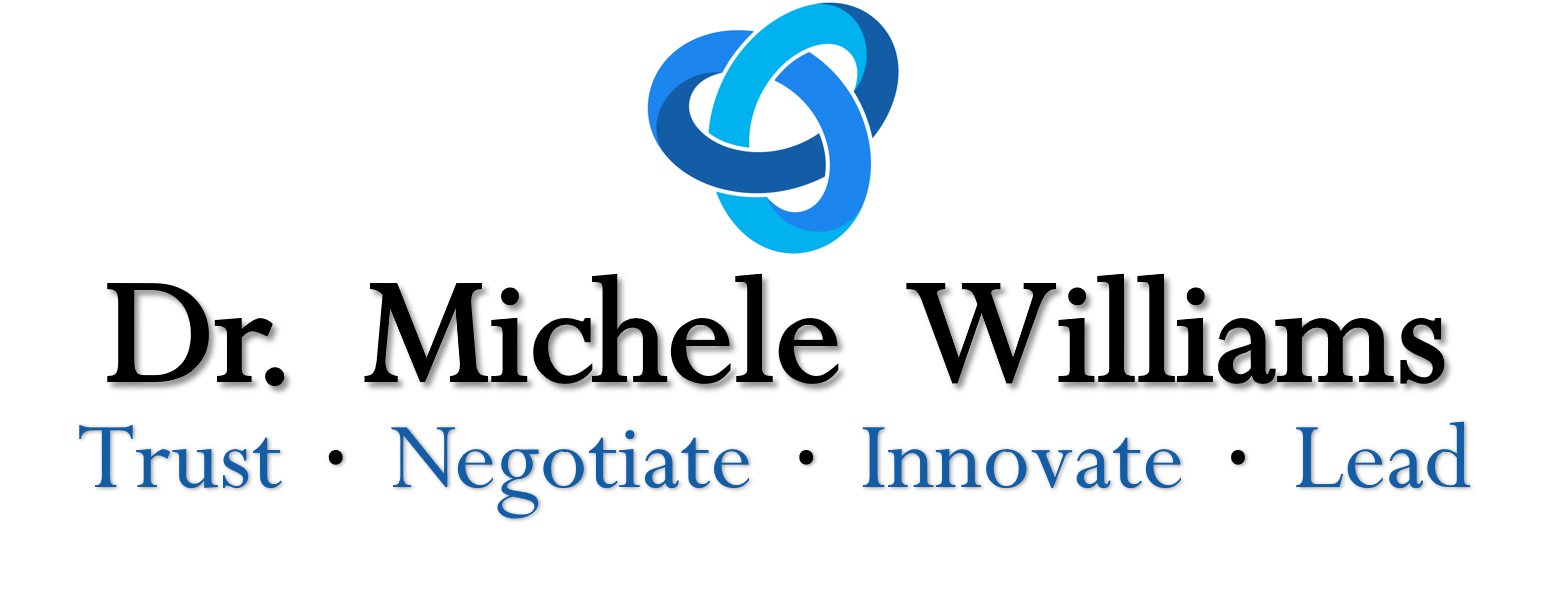Setting Priorities to Deal with Overwhelm: The Power of Self-Care

In our fast-paced world filled with demands and distractions, it’s easy to become overwhelmed. Whether it’s work-related stress, personal challenges, or a combination of both, finding ways to manage the chaos and regain a sense of control is crucial. One of the most effective ways to combat overwhelm is to set priorities, and one of the most important priorities you can establish is self-care. In this blog post, we’ll explore the power of self-care and how you can use it to regain balance in your life.
JOURNALING:
Write About Challenging or Stressful Events

Journaling is a powerful tool for self-reflection and emotional release. When you’re feeling overwhelmed, taking a few minutes to write about the challenging or stressful events in your life can help you gain clarity and perspective. Putting your thoughts and emotions on paper can be cathartic and provide a sense of relief. It’s like having a conversation with yourself, allowing you to process your feelings and thoughts.
MEDITATION:
Try Sitting or Walking Meditation

Meditation is a practice that can help you find inner calm and reduce stress. There are various meditation techniques to choose from, but sitting meditation and walking meditation are two excellent options. Sitting meditation involves finding a quiet space, focusing on your breath, and letting go of racing thoughts. On the other hand, walking meditation allows you to be mindful as you walk slowly and deliberately, paying attention to each step and your surroundings.
Both practices can help you stay centered in the present moment, promoting a sense of serenity and reducing overwhelm.
EXERCISE:
Run, Walk, Lift, Dance, Try Pilates, Yoga...

Physical activity is an essential component of self-care. Exercise not only keeps your body healthy but also has a profound impact on your mental well-being. Engaging in activities like running, walking, lifting weights, dancing, or trying practices like Pilates and yoga can release endorphins, the body’s natural stress relievers.
When you’re overwhelmed, getting active is an effective way to clear your mind and boost your mood. Choose activities you enjoy, and make them a regular part of your routine.
NATURE:
Take a Walk, Buy a Plant

Spending time in nature has a calming effect on the human mind. The simple act of taking a walk in a park, hiking through the woods, or simply sitting in your garden can provide a welcome respite from the chaos of daily life. If you’re unable to access green spaces regularly, consider bringing nature into your home by buying a plant. Caring for a living organism can be a therapeutic and grounding experience.
REACH OUT:
To Friends, Family, or Mental Health Professionals

When you’re overwhelmed, it’s crucial to recognize that you don’t have to face it alone. Reach out to friends and family for support and conversation. Sometimes, just talking about your feelings and challenges with someone you trust can provide immense relief.
Additionally, if your overwhelm is persistent or too difficult to manage on your own, consider seeking help from mental health professionals.Therapy and counseling can provide you with the tools and coping strategies needed to navigate overwhelming situations.
SLEEP:
Sleep Well and Take Rest

Adequate rest and quality sleep are non-negotiable when it comes to managing overwhelm. Lack of sleep can exacerbate stress and make it even more challenging to deal with life’s demands. Prioritize your sleep by establishing a consistent sleep schedule, creating a peaceful bedtime routine, and optimizing your sleep environment. When you’re well-rested, you’ll be better equipped to handle stress and make more rational decisions.
CONCLUSION
In our busy lives, it’s easy to become overwhelmed by the multitude of responsibilities and challenges we face. Setting priorities, with self-care at the top of the list, is a key strategy for managing overwhelm. The self-care practices of journaling, meditation, exercise, connecting with nature, reaching out to others, and prioritizing sleep can provide a strong foundation for dealing with stress and restoring balance in your life.
Remember that self-care isn’t selfish; it’s a necessary investment in your physical and mental well-being. By making self-care a priority, you can better navigate life’s ups and downs and face overwhelming situations with resilience and grace.
You can download our Free Self-Care Infograhics and share it with your friends and family.
